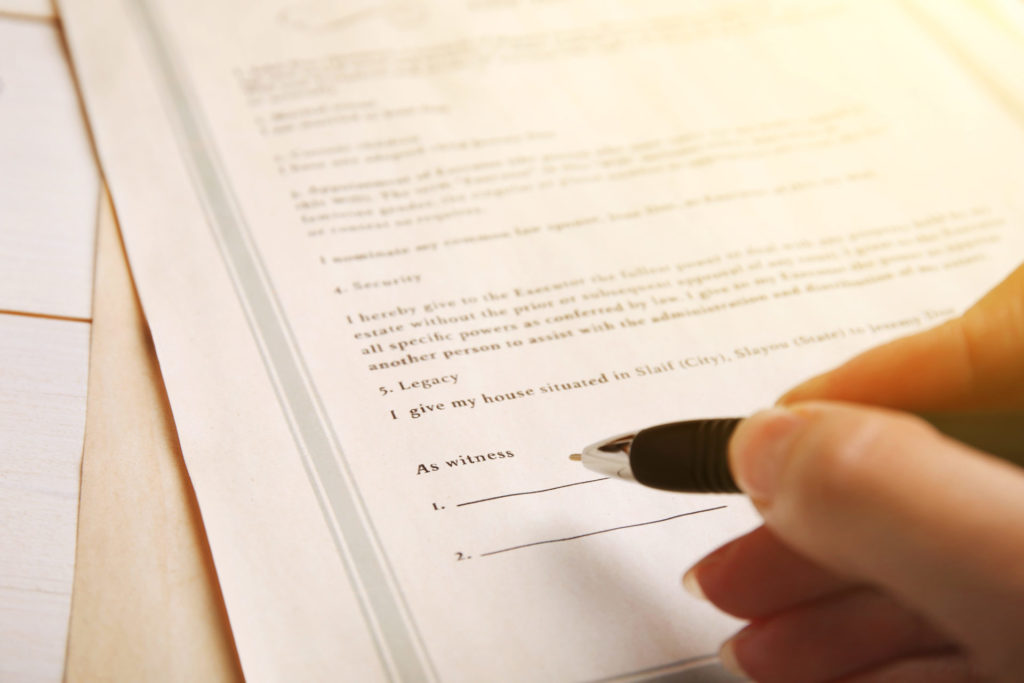Excellent experience start to finish – always very responsive to any queries and the turnaround on the property I was buying was very quick, even in the busy time leading up to stamp duty deadline. Jenny was always very helpful and went above and beyond to close on a short timescale.
Below are some of the most common questions we get asked about Lasting Powers of Attorney. If you have a specific query that’s not covered, please don’t hesitate to contact me for an informal chat.
What exactly is a Lasting Power of Attorney?
A Lasting Power of Attorney (LPA) is a legal document that allows you to appoint one or more people to act on your behalf during your lifetime. The people you appoint are known as your attorneys. An LPA is a completely separately document to a Will and often people assume that because they have appointed somebody as their executor under their Will, they will also have power of attorney in their lifetime. A Will only comes into effect on your death, and cannot be used during your lifetime, and the role of attorney and executor is completely separate.
An LPA can be used both if you have mental capacity but are physically restricted (finance LPAs only) and if you lose mental capacity in the future (finance and health LPAs). Many people wrongly assume that their next of kin have an automatic legal right to manage their affairs, such as their spouse or children, but without a LPA your next of kin do not have an automatic legal right to make decisions on your behalf.
What do they do and how do they protect me?
In simple terms, an LPA is like an insurance policy. You put it in place whilst you are fit and well and hope that you will never need it, but in the event that it is needed, you will certainly be glad that it exists.There are two types of LPA: one to cover your property and financial affairs, and one to cover your health and welfare decisions. You can also have separate finance LPAs for your personal assets and your business affairs as it may not be appropriate to have the same people dealing with your personal assets and your business.
Once you have an LPA in place, you can put it away until such time as it is needed. They give you peace of mind as you will have somebody you trust legally appointed to look after your affairs if you become unable to do so due to physical or mental incapacity during your lifetime.
If I am fit and healthy why do I need a Lasting Power of Attorney?
You can only put a Lasting Power of Attorney (LPA) in place whilst you are mentally capable of understanding the nature and effect of the document. Therefore, being fit and healthy is the perfect time to put one place as there would be no question regarding your capacity to do so. If you no longer have mental capacity, you cannot enter into an LPA and no one else can do so on your behalf.
For more information on LPAs, please click here. Or if you would like to chat to Karen, please email her via karen.yates@dbf-law.co.uk
Found this article useful? You might be interested in some of our others:#


